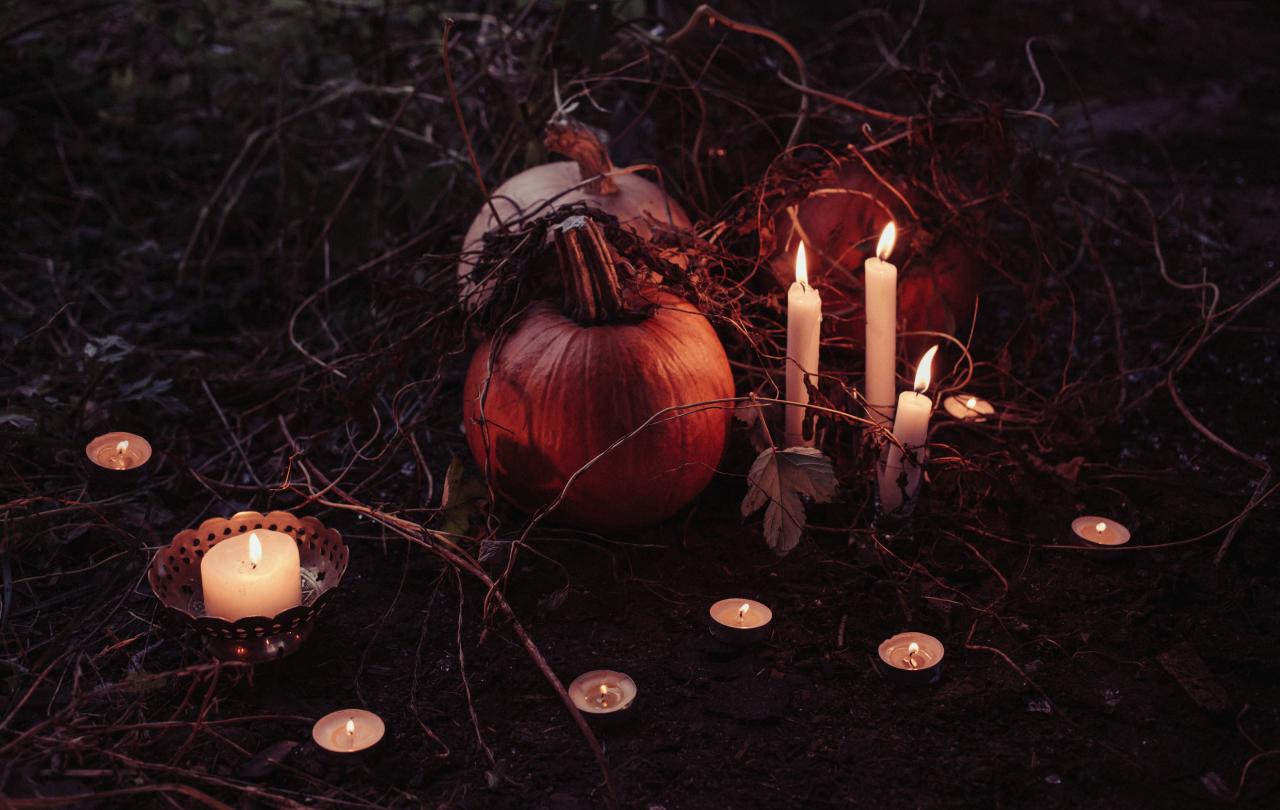
Guinness’ Rugby World Cup advert commands supporters: “Don’t Jinx It!” The advertiser explained:
“All of Ireland will be supporting the team with every fibre, but our campaign urges fans to remember that their actions are as important as the team on the pitch, they need to play their part too, don’t jinx it.”
Superstitions on the pitch are just as prominent as those off it. England legend Jonny Wilkinson always wore the same t-shirt under his match shirt as a lucky charm, the Welsh side used to ritually vomit before games and for decades club side Bath played without a number 13.
So why is it that sport is so fill of superstition?
A longing for control
We feel like we’re in control until a sudden injury or a major pandemic arrives and we realise that we may be less in control than we’d like.
Indian sports psychologist Ashis Nandy thinks this may be why cricketers are so superstitious. In a game full of failure, which has a high degree of luck, it is inevitable that players will turn to superstition to help regain a sense of control:
'No wonder cricketers lean on superstition as a crutch. They cannot accept the awful truth - that the game is governed by erratic umpiring decisions, random tosses and unpredictable seam movement - so they invent a coping strategy to persuade themselves they are in control.'
We want to be in control but we know we’re not.
Whether it’s a snapped Achilles tendon at a random training session, a contract not renewed at the end of a season or point deductions due to mismanagement by owners - sport is littered with examples which remind us we’re not in charge.
It’s worth saying that routine is different to superstition. US soccer psychologist Tim Perrin argues that routines are integral for the elite sportsperson. “Performance is about routines—they take us into performance, and superstitions are very much a part of that,” Perrin said. “They are a way we can very habitually, automatically, and unconsciously take ourselves into performance mode.”
Repetition and routine are a key part of sport. Not only do they improve our skill levels (think of the 10,000 hour theory) but they also help ease the mental pressures faced by athletes. As Perin explains, the emotional demands and strains of sport can be lessened by routines that “allow certain things (to be done) on a mechanistic, repetitive nature” and can thus be “put on autopilot.”
This is the reason for Jonny Wilkinson’s famous pre-kick routine or the even more extreme Dan Biggar’s version which has become known as the ‘Biggarena.’ His idiosyncratic routine once proved an Internet sensation.
When does routine tip into superstition? It’s when it becomes irrational and when a change to that routine leads to distinct mental torment or a level of discomfort.
Superstition, as we observe it, in the stands or the pub or on the pitch provokes questions for all of us: Is there a way I can be in control? Or am I actually under control from a higher power?
Who is in control?
When things don’t happen as we’d like, it’s easy to feel pretty disillusioned. But do our superstitious tendencies point towards something bigger?
Among Christians there is the belief that we humans are created in the image of God and that he gave us the weighty responsibility to live in the world and also to shape it. While we have responsibility for how we live, we only have penultimate agency. Ultimate power over events lies in hands bigger than ours.
The trouble is we chafe at our limited role in all this.
Dan Strange, in his book Making Faith Magnetic says:
“deep down we know we’re not divine and that we need something greater than us in which to find meaning and legitimacy. So we still invest in other things that can give us a sense of ultimate meaning and purpose.”
This could be our partner or family. It could quite easily be our sporting career. We load them with an unbearable weight of responsibility, that none of these substitutes for God can handle because they too are penultimate not ultimate.
In the book of John, Jesus calls himself “the good shepherd” - the one who guides the flock of sheep, whether they are aware of it or not.
The world is not controlled by luck or energy or even random chance, it is in the hands of a loving God, a loving shepherd who leads his sometimes reluctant flock to where they need to go.
In the stories of Jesus we see someone who exercises an extraordinary control over the world - over nature (walking on water), over disease (healing blind people) and over evil powers (exorcising the .disturbed) He shows us a world which isn’t just defined by fate or by an angry impersonal Deity but one in which there is a sense that we are both in control and under control.
Far from living in a world of randomness and luck, maybe after all we live in a world where a good God works through the details of our lives and is with us in the ups and the downs, in the injury, de-selection, contract confusion, dip in form and in the cup wins, record breaking, peak-performing moments of our sporting careers.
Routine and rhythm can help sporting performance but superstition ultimately leads us to ask a question. Who do we really think is in control?





